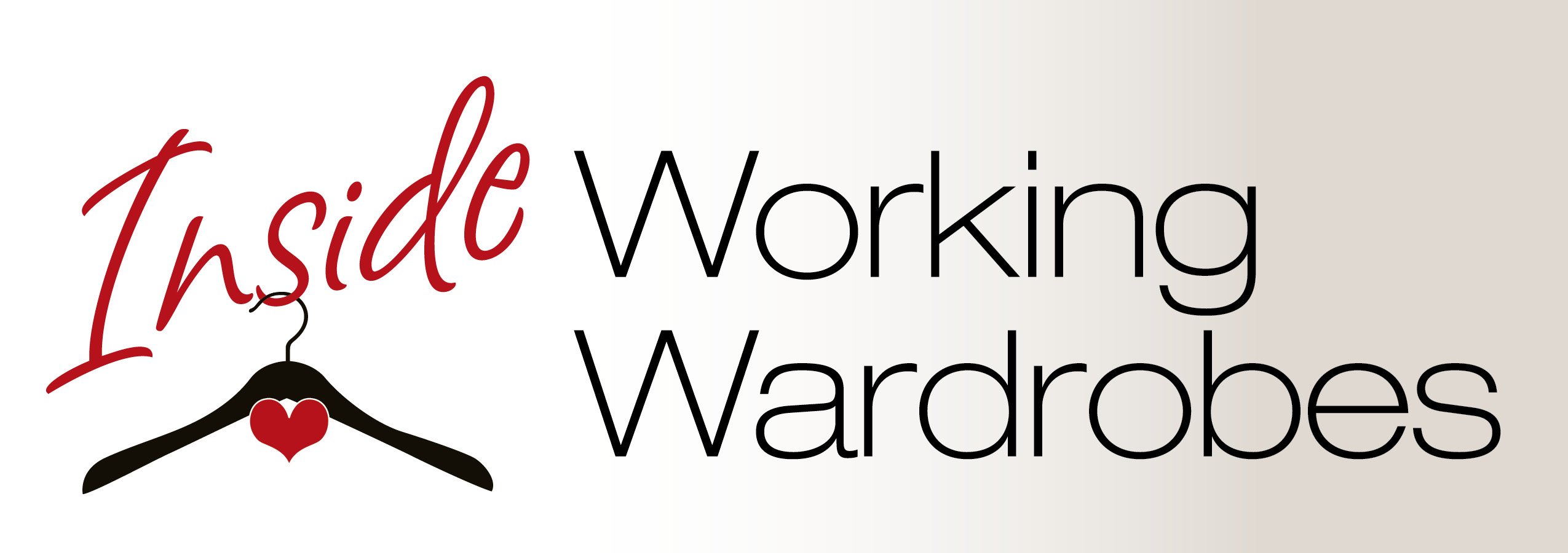

Women’s Unemployment in Southern California:
The Mental Health Fallout
According to the National Women’s Law Center regarding U.S. job loss figures for December 2020, our economy sustained a net loss of 140,000 jobs. A closer look at the data paints an urgent picture for women. 100% of jobs lost were held by women.
Sadly, women were hardest hit by unemployment during the pandemic.
In September 2020, 865,000 women left the workforce compared to 216,000 men. That’s over four times as many women as men who lost their jobs, primarily due to women serving as the primary child caregiver. Today, as people reenter the workforce, men are able to fill job roles more readily than women due to the need for one parent to stay home with their children.
Pandemic Joblessness Linked to Depression and Anxiety
We have much to be thankful for when it comes to our front line healthcare workers and those working behind the scenes to combat the pandemic, as well as those working to develop and deliver the COVID vaccine. As public health agencies and health care workers address the physical effects of the virus, the solutions to combating it’s spread create a breeding ground for mental health issues to arise.
Stay at home orders, social distancing and shut downs (while necessary) isolate people and enable feelings of loneliness, sadness and anxiety to set in. Across the board, studies show rising rates of mental health issues related to the pandemic, with few pathways for people to climb out of the mental health hole the pandemic has created.
Young women, in particular, and women of lower socioeconomic status are most at risk. Many are mothers who have had to stay home with young children as they participate in distance learning.
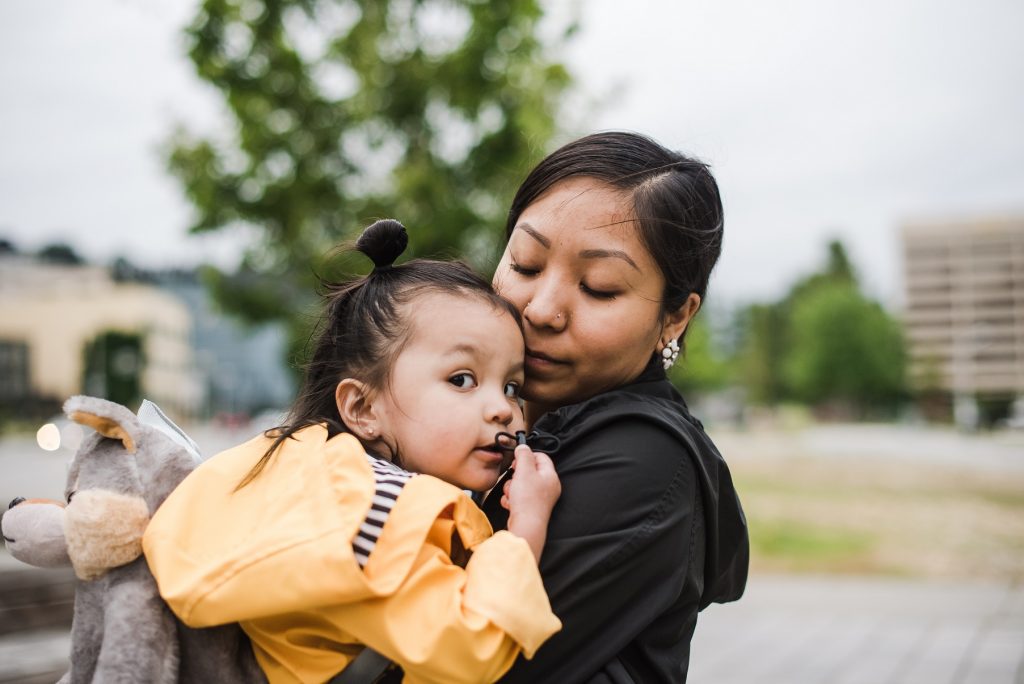
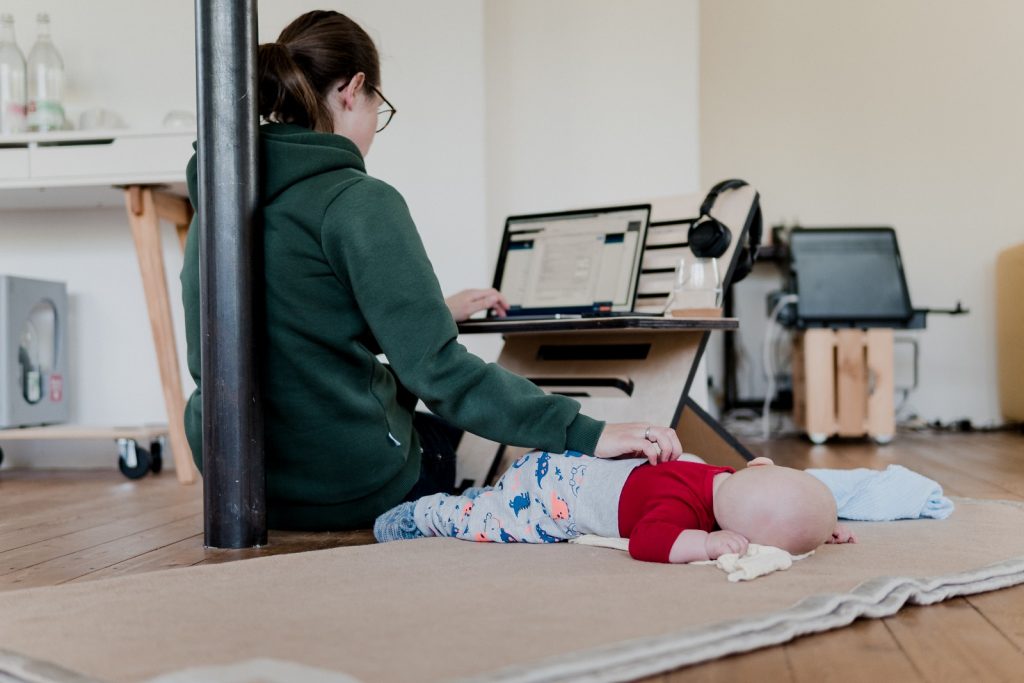
While these women are doing what they must do for their children’s education, other critical aspects of their lives are crumbling. The bills are stacked high, the rent is due and food shortages have become a real issue. Studies show that out-of-work women are experiencing psychological distress leading to feelings of anxiety and depression. For some, it feels like a boiling pot with the lid about to blow.
One Local Mother’s Unemployment Story
Sarah is a Southern California single mom of two children under the age of 12. Prior to the pandemic, she worked in customer service at a small business which was deemed “non-essential” and forced to shut down. Though she was offered an opportunity to come back to the job she loved, it was necessary for her to stay home to help her children with their virtual/distance learning platform instead of returning to work.
A year ago, she had her own home in which her daughters had their own bedrooms. They participated in sports, dance and Girl Scouts. While at home, they enjoyed their backyard with their trampoline and two dogs.
Today, her reality is vastly different. The loss of her job and income created a financial burden making her unable to pay her rent and maintain her home. She was forced to move in with family where she now shares a bedroom with her two young daughters. Sarah and her children have had to give up many of their personal belongings, their trampoline and their dogs. To say Sarah is devastated is an understatement. She feels lost, alone and longs to give her daughters back the life they once enjoyed. None of their circumstances are a result of her choices or actions, but she feels responsible for the challenges they face today.
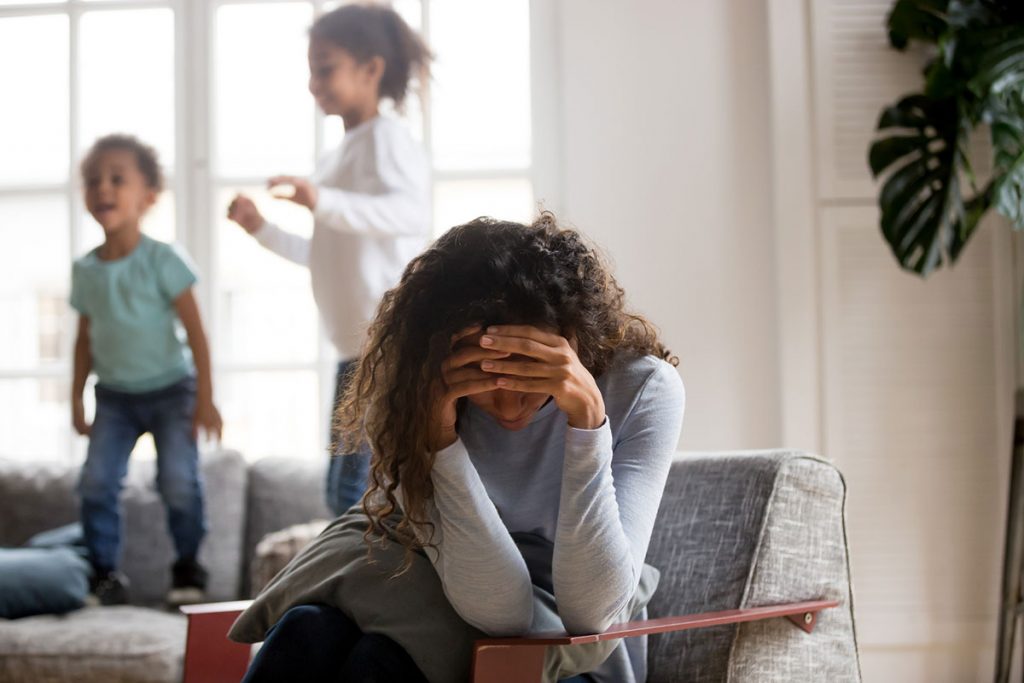

Long-term Unemployment Creates Barriers to Starting Over
Long term unemployment has far reaching effects that are not immediately apparent.
Like Sarah, many people experiencing long term unemployment struggle to make ends meet and the longer they remain jobless, the harder it becomes to reenter the workforce. Professional skills and workforce readiness decline over time, causing unemployed people to lose confidence in themselves and their value as a potential employee.
Additionally, long term unemployment can eventually result in under-employment. Job seekers find jobs that are not full-time, do not meet their financial needs or do not utilize the applicant’s full range of skills and experience. Under employment can feel like a band aid on a broken arm. Lack of access to health care, increases in drug use and crime are also linked to long term unemployment.
Working Wardrobes IS Rebuilding Careers for Women
What women need, more than ever, are career development services to get on their feet and back to work in these challenging times. In particular, the Working Wardrobes Rebuilding Careers scholarship program helps unemployed and under-employed women achieve career success. Today, it is our cornerstone program that offers three important solutions.
Computer technology courses and laptops for women who need help journeying to the right side of the digital divide.
Job mapping to identify industries in recovery, and services to help women retool their skills for these industries with a central focus on long term career success. Workforce readiness resources, including employment assessments, career coaching, job search and placement assistance, and Success Suits to look their best in interviews and on the job.
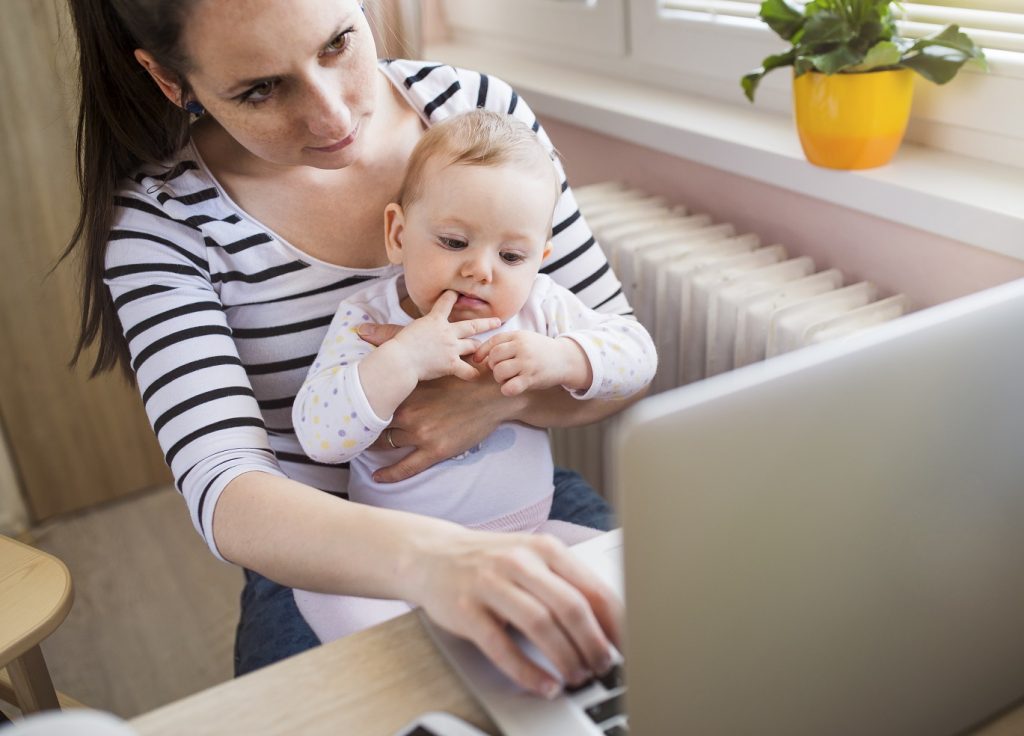

Women in our community stand the best chance of finding employment, once again, with initiatives that address real workforce problems. Supporters of programs like Rebuilding Careers make a direct and immediate impact in addressing these problems for women in crisis – at a time when our economy is in crisis, too.
Read our white paper about Women’s Unemployment in Southern California.